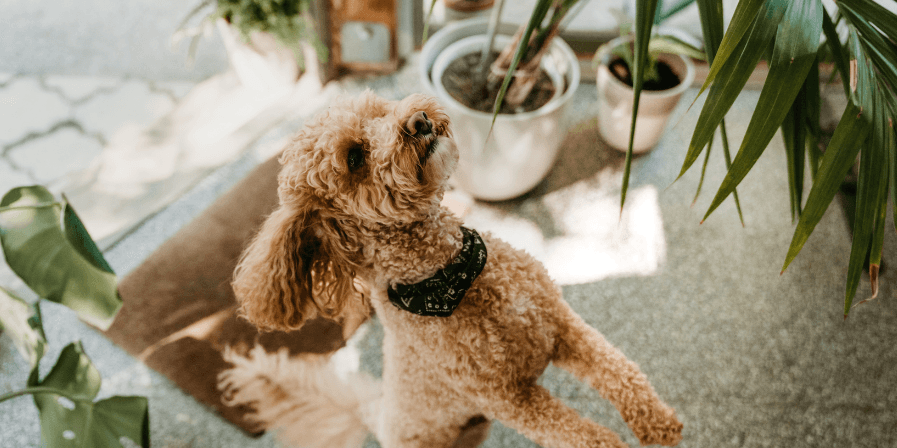Safe and unsafe plants for pets

When choosing plants for a home with pets, it's important to consider the potential toxicity of certain plants to dogs and cats. Some common household plants can be harmful if ingested by pets. Here are examples of both pet-safe and toxic plants:
Pet-Safe Plants:
-
Spider Plant (Chlorophytum comosum): • Safe for both dogs and cats, spider plants are easy to care for and make attractive hanging or potted plants.
-
Areca Palm (Dypsis lutescens): • Non-toxic to dogs and cats, the areca palm is a popular choice for adding a touch of greenery to indoor spaces.
-
Boston Fern (Nephrolepis exaltata): • Considered safe for pets, Boston ferns add a lush and feathery appearance to your home.
-
Bamboo Palm (Chamaedorea seifrizii): • Non-toxic to dogs and cats, bamboo palms are known for their air-purifying qualities.
-
African Violet (Saintpaulia spp.): • Safe for pets, African violets are colorful and easy-to-care-for flowering plants.
-
Calathea Plants (Various Species): • Many Calathea species are non-toxic to pets and feature attractive foliage. Examples include Calathea orbifolia and Calathea lancifolia.
-
Air Plants (Tillandsia): • These unique plants are safe for pets and can be displayed in various creative ways.
-
Phalaenopsis Orchid (Phalaenopsis spp.): • Orchids, particularly Phalaenopsis, are generally safe for pets and add elegance to indoor spaces.
Toxic Plants for Pets:
-
Lilies (Lilium and Hemerocallis species): • Highly toxic to cats, even small ingestions can cause severe kidney damage.
-
Philodendron (Philodendron species): • Contains oxalates that can cause oral irritation, vomiting, and difficulty swallowing in pets.
-
Dieffenbachia (Dieffenbachia spp.): • Also known as dumb cane, it contains calcium oxalate crystals that can cause oral irritation and swelling.
-
Sago Palm (Cycas revoluta): • Extremely toxic to dogs, sago palm ingestion can lead to severe liver damage and even death.
-
Snake Plant (Sansevieria): • While not as toxic as some plants, snake plants can cause nausea, vomiting, and diarrhea in pets if ingested.
-
Rubber Plant (Ficus elastica): • Contains compounds that can be irritating to pets, leading to mild toxicity symptoms.
-
Pothos (Epipremnum aureum): • Ingestion can cause oral irritation, vomiting, and difficulty swallowing in pets.
-
Kalanchoe (Kalanchoe spp.): • This flowering succulent is toxic to pets and can cause gastrointestinal upset.
FAQ’s:
<u>Can I use certain plants to deter pests or repel insects harmful to my pet?</u> • Some plants, like citronella, lavender, or marigolds, are known for their insect-repelling properties and are generally safe for pets. Always confirm the safety of any plant with your vet before using it in your home or garden.
<u>What should I do if my pet ingests a potentially toxic plant?</u> • If you suspect your pet has ingested a toxic plant, contact your veterinarian immediately. Provide them with information about the plant and follow their guidance for emergency care.
Before bringing any new plant into your home, it's crucial to research its potential toxicity to pets. If you suspect your pet has ingested a toxic plant, contact your veterinarian immediately. Additionally, creating a designated pet-friendly area and using hanging planters or shelves can help keep plants out of reach of curious pets. When you get a pet home or plan to introduce plants in your house, do discuss with your vet to ensure pet friendly environment.


 How can we help?
How can we help?